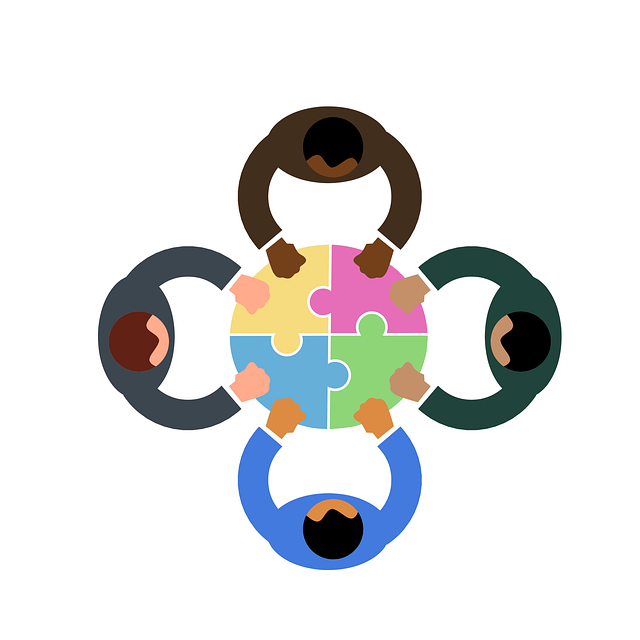In Oregon, commitment hearings are a critical legal process for individuals with severe mental illnesses or intellectual disabilities who pose risks to themselves or others. Initiated by a qualified professional's petition, these Oregon legal hearing procedures involve an assessment of mental state, treatment options, and potential risks, balancing rights and public safety. Key stakeholders, including attorneys, family, and caregivers, ensure fairness during hearings where a judge determines commitment eligibility and treatment, with options for appeal.
“Explore Oregon’s commitment hearings, a crucial aspect of the state’s legal system, designed to ensure public safety. This comprehensive guide breaks down the intricate process step by step, from understanding the eligibility criteria for commitment proceedings to the roles of key stakeholders. Learn how these hearings operate and what happens post-hearing, including appeals procedures. Dive into this overview of Oregon’s legal hearing procedures to gain valuable insights into the commitment process.”
- Understanding Oregon's Commitment Hearings
- Eligibility Criteria for Commitment Proceedings
- The Role of Key Stakeholders in the Hearing
- Step-by-Step Hearing Process Overview
- Post-Hearing Decisions and Appeals Procedures
Understanding Oregon's Commitment Hearings

In Oregon, commitment hearings are a crucial part of the legal process for individuals with severe mental illnesses or intellectual disabilities who pose a risk to themselves or others. These hearings, governed by Oregon law, provide a structured framework to ensure fairness and due process. The first step is typically a petition filed by a qualified professional, such as a physician or psychiatrist, alleging that the individual meets specific criteria for commitment.
Following the filing, a hearing officer from the local district court reviews the petition and determines if there’s probable cause to believe the person should be temporarily committed. If this threshold is met, a formal Oregon legal hearing procedures are initiated, involving a full assessment of the individual’s mental state, treatment options, and potential risks. This process aims to balance the rights of the accused with public safety.
Eligibility Criteria for Commitment Proceedings

In Oregon, commitment proceedings are initiated when an individual’s behavior poses a risk to themselves or others, and they do not qualify for less restrictive alternatives like involuntary psychiatric hospitalization. To start the process, a petition must be filed with the court by a qualified professional, such as a physician, psychiatrist, or licensed social worker. This petition should include detailed information about the person’s condition, behavior, and the basis for seeking commitment.
The individual in question has the right to legal representation during these Oregon legal hearing procedures. A judge will then review the petition ex parte, meaning they’ll consider it without an immediate response from the person whose commitment is sought. If the judge finds sufficient cause, they’ll issue an order for evaluation, requiring the individual to undergo a mental health assessment by a qualified professional. This assessment plays a crucial role in determining whether the person meets the eligibility criteria for commitment.
The Role of Key Stakeholders in the Hearing

During Oregon’s commitment hearings, several key stakeholders play crucial roles in ensuring a fair and just process. First and foremost, the judge presides over the hearing, making critical legal determinations based on presented evidence. They are responsible for evaluating whether the individual meets the state’s criteria for commitment and making final decisions regarding their care.
Other essential stakeholders include attorneys representing the committed person and the state, who present arguments and evidence to support or oppose the petition for commitment. Family members, friends, and caregivers also have a voice in the process, offering insights into the individual’s history, behavior, and needs. This collaborative approach ensures that all aspects of the person’s life are considered, fostering a more holistic understanding during Oregon legal hearing procedures.
Step-by-Step Hearing Process Overview

In Oregon, commitment hearings are a crucial process aimed at determining an individual’s commitment to mental health treatment. The step-by-step hearing process involves several key stages. Initially, a petition is filed by a qualified professional or a family member, outlining concerns about the individual’s mental health and need for treatment. This is followed by a preliminary hearing where a judge reviews the petition and decides if there’s sufficient cause to proceed with the commitment process. If the criteria are met, a full commitment hearing is scheduled.
At the commitment hearing, evidence is presented by both sides—the petitioner and the individual being evaluated. This includes expert testimony, medical records, and personal accounts. The judge carefully considers all information to make an informed decision about whether the person should be committed for voluntary or involuntary treatment. Throughout these procedures, Oregon legal hearing principles guide the process, ensuring fairness and adherence to established guidelines.
Post-Hearing Decisions and Appeals Procedures

After the commitment hearing, the judge will make a decision based on the evidence presented. If the individual is found to be mentally ill and a danger to themselves or others, they may be committed to a mental health facility for a specified period. The length of stay can vary depending on the severity of the condition and the treatment plan developed by healthcare professionals.
Individuals have the right to appeal the decision if they believe it was made in error. Appeals must be filed within a specific timeframe, typically set at 14 days from the hearing date. The appeals process involves submitting written arguments and, in some cases, attending another hearing where both sides can present their cases to a higher court, potentially leading to a review and reversal of the original decision if errors were made during the initial Oregon legal hearing procedures.






